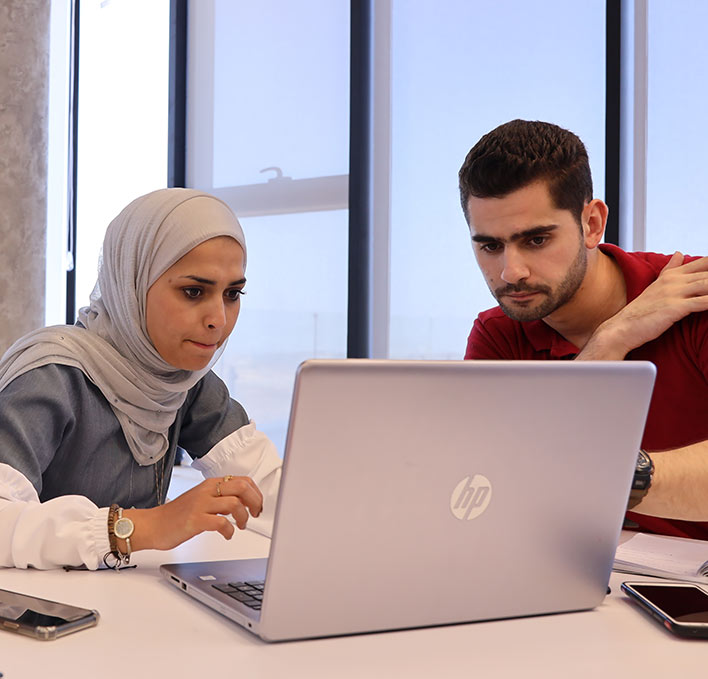Jebreel Rabaya, Noora Omar, and Sondos Bsharat are three masters’ students who crossed paths while pursuing their degrees in agriculture. Their passion for agriculture and desire to escape the mainstream challenges that Palestinian youth face, such as unemployment, drove them to take the innovation route and created a solution that would help the Palestinian economy thrive and flourish. They called it Dreez, an eco-friendly device that produces processed agricultural produce that could safely reserve food for up to 2 years without using any chemicals and while retaining the same taste and nutritional value of the food.
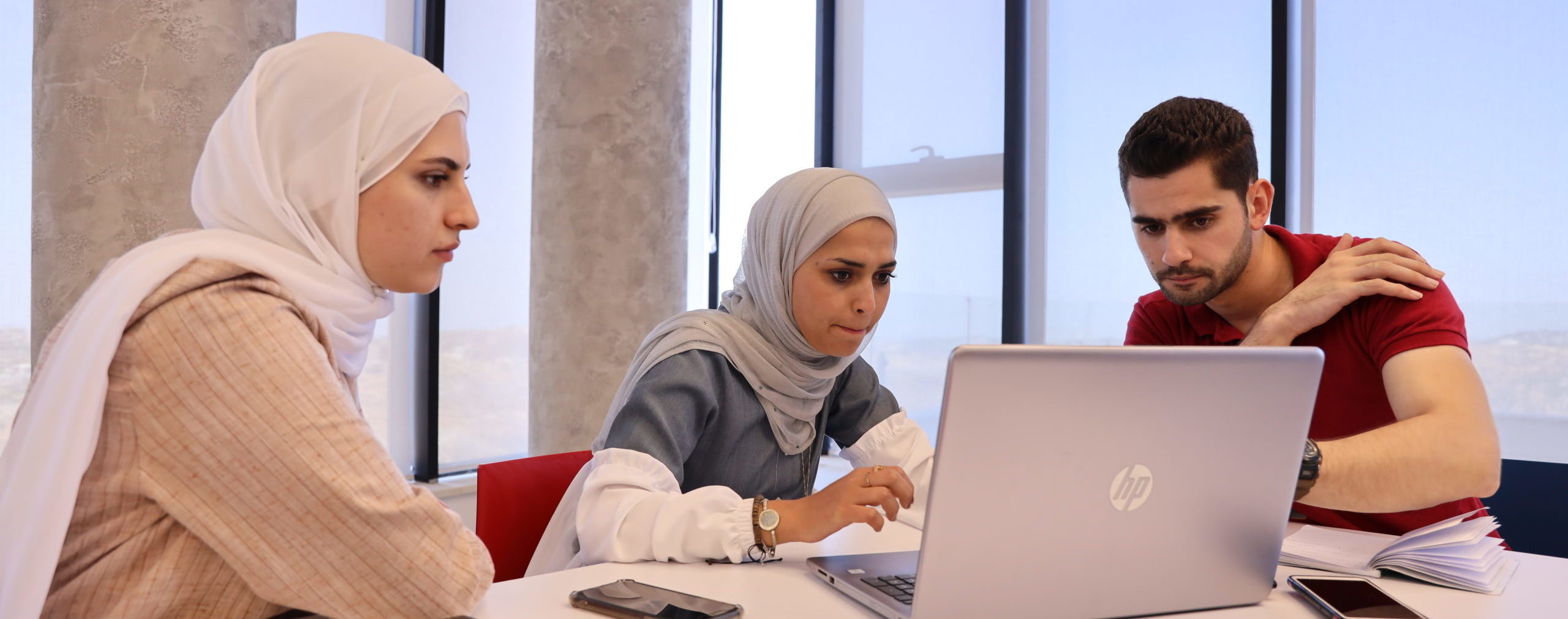
Coming from a background in agriculture, the three founders learned about a new technology used in China during their studies, this new technology increases the shelf life of produce that are fast to rot and go bad, and as a result reduces agricultural waste. They made a decision to start implementing the solution in Palestine and design the product locally to be consistent with the local market requirements and suitable for products of the local agriculture market. And that was just the beginning of a new journey for Noora, Sondos, and Jebreel.
“We don’t have any background in business, how to turn our idea into a sustainable business or how to build a company, we haven’t received this kind of knowledge during our studies.”
Jebreel stumbled upon a post on social media announcing a new opportunity for startups in AgriTech, the AgRE–Minds Hackathon implemented by Flow Accelerator. His teammates saw a great opportunity in this program and were excited to finally find a chance to receive guidance and support to solve the challenges they were facing while working on implementing their solution, such as the lack of technical knowledge especially in renewable energy systems, lack of guidance from education institutions on building a venture, the lack of expertise in terms of managing and validating their solution and creating awareness for the product.
During the Hackathon Dreez team had already pictured the device in their minds. The knowledge and connections they built during the hackathon, helped them build and design their own tools and parts locally, which made it possible to completely manufacture the device in the country. With the assistance of local company, who took it upon themselves to provide all the necessary tools, and with the guidance of technical expert who helped with programming the boards and the needed parts, the picture of the device started to come to life step by step.
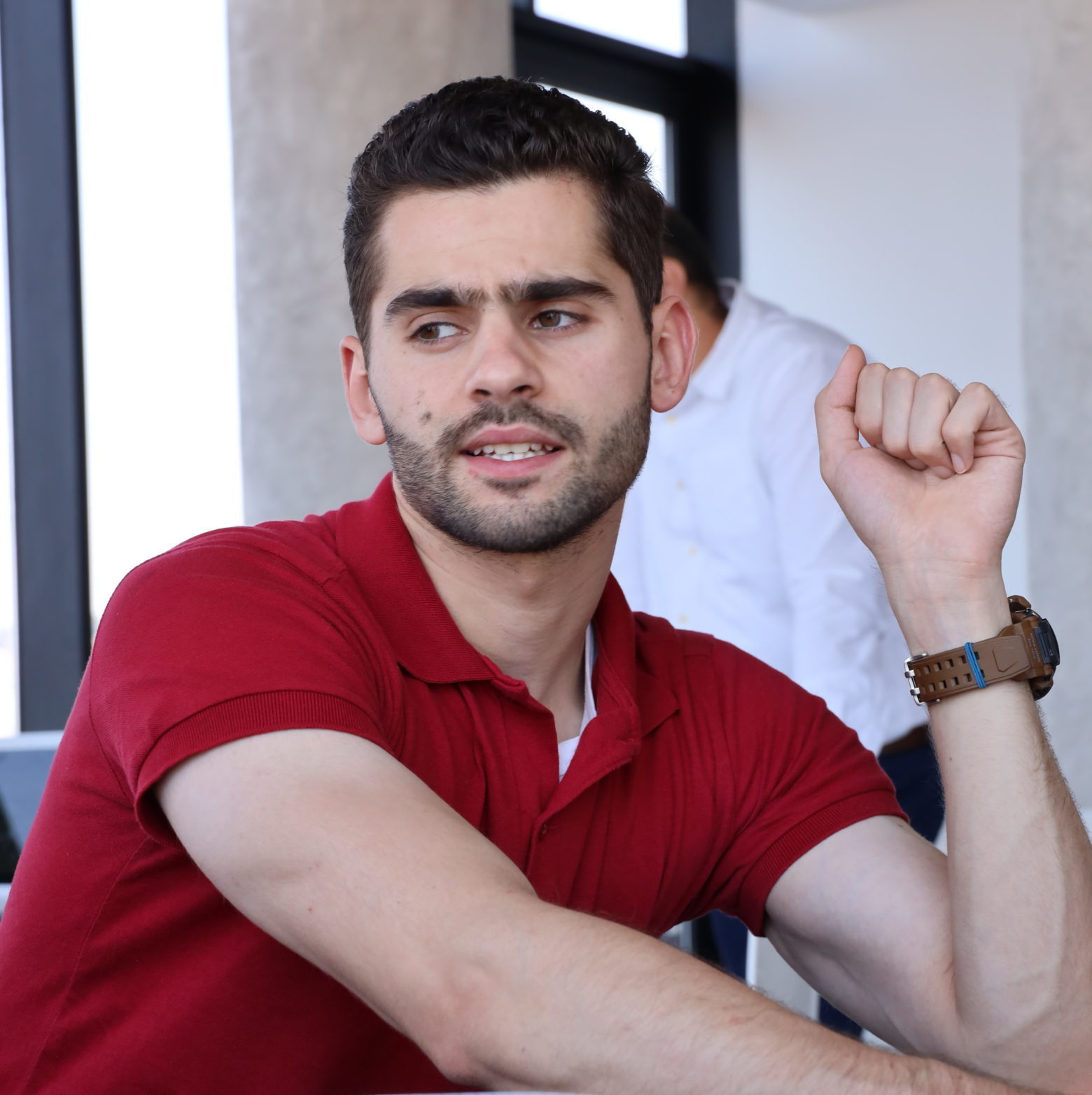
“We now have what it takes to implement our ideas. Even if we come up with a new solution in the future, we can now implement it through the expertise and network we built.”
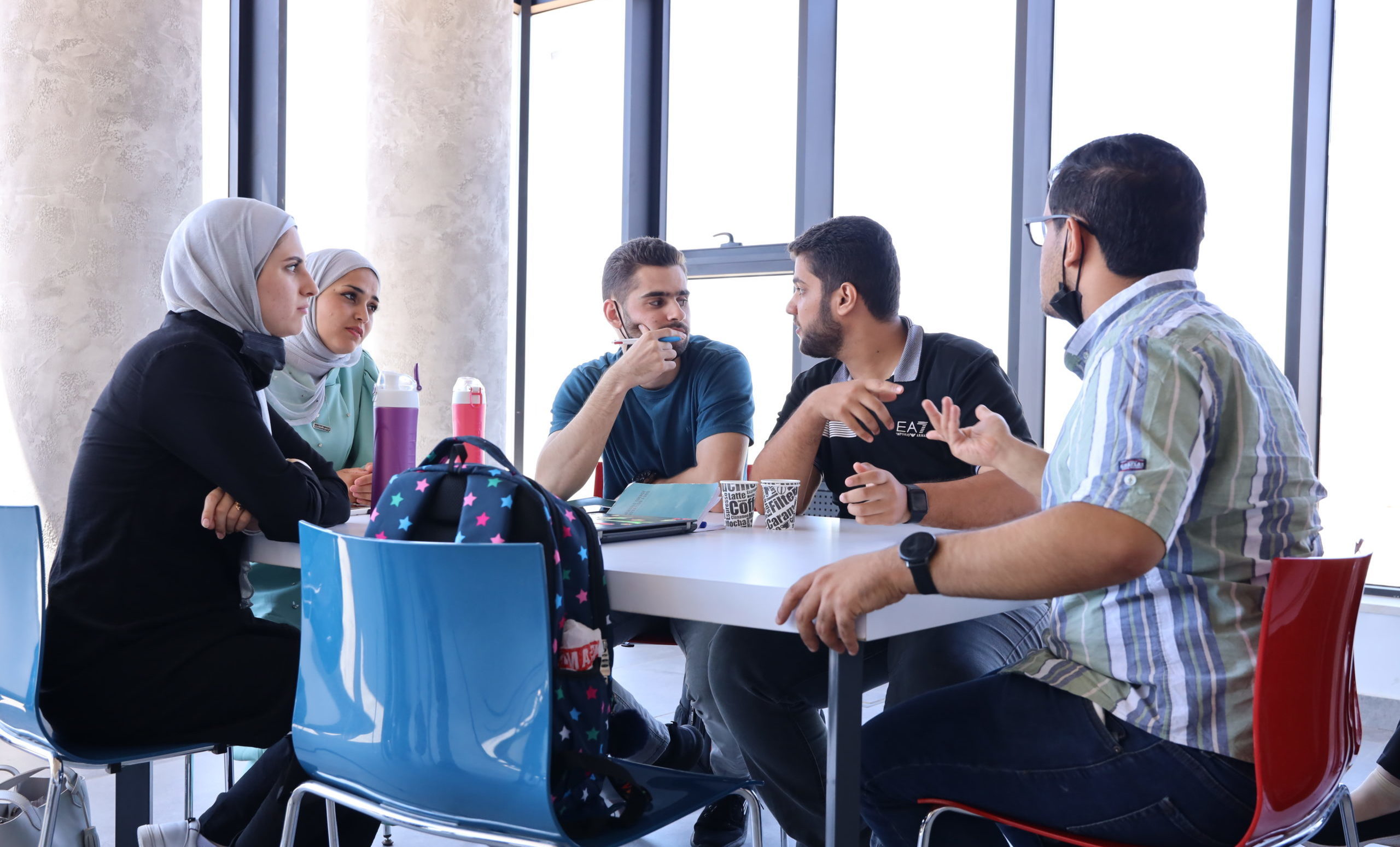
With the help of the RE innovation Fund to Serve Agribusiness Program, Dreez learned how to conduct market research, create a business plan, understand what product-market fit is and receive technical assistance from experts in the field, as well as building strategic partnerships with other startups participating in the program. For instance, Awad Zayoud, the founder of EcoGas, suggested processing his strawberry crop using Dreez’s solution.
Additionally, this experience has pushed them to explore new areas, they haven’t worked in before. With the three of them coming from a purely agricultural background, they knew that building a business required different set of skills and knowledge.
The trainings they have received and with the support of experts and mentors, Sondos equipped enough financial skills to develop Dreez’s budgets and financial plans, and Nora developed skills to handle Dreez’s management and marketing skills, while Jebreel was able to take charge of product development.
Participating in this program hadn’t only help them turn Dreez to reality but also affected their professional and social lives in various ways. For instance, Jebreel explained how the program had turned him into an opportunist and having to pitch Dreez multiple times, improved his public speaking skills. The ability to sell his strength points and expertise, helped Jebreel land himself a fulltime job as an Agricultural Engineer in the Palestinian Agricultural Disaster Risk Reduction and Insurance Fund. Nora explained how working closely with other entrepreneurs and business professionals during the program, helped her improve her teamwork and collaboration skills. As she’s now focusing on her master’s degree in agriculture, her studies don’t necessarily focus on such skills what why she found this experience to be extremely beneficial. Also focusing on pursuing her master’s degree, Sondos, described how receiving feedback and criticism on her startup ideas helped her improve her capacity to capitalize on criticism and increased her receptivity to change, both of which contributed to the development of her flexibility and adaptability skills.
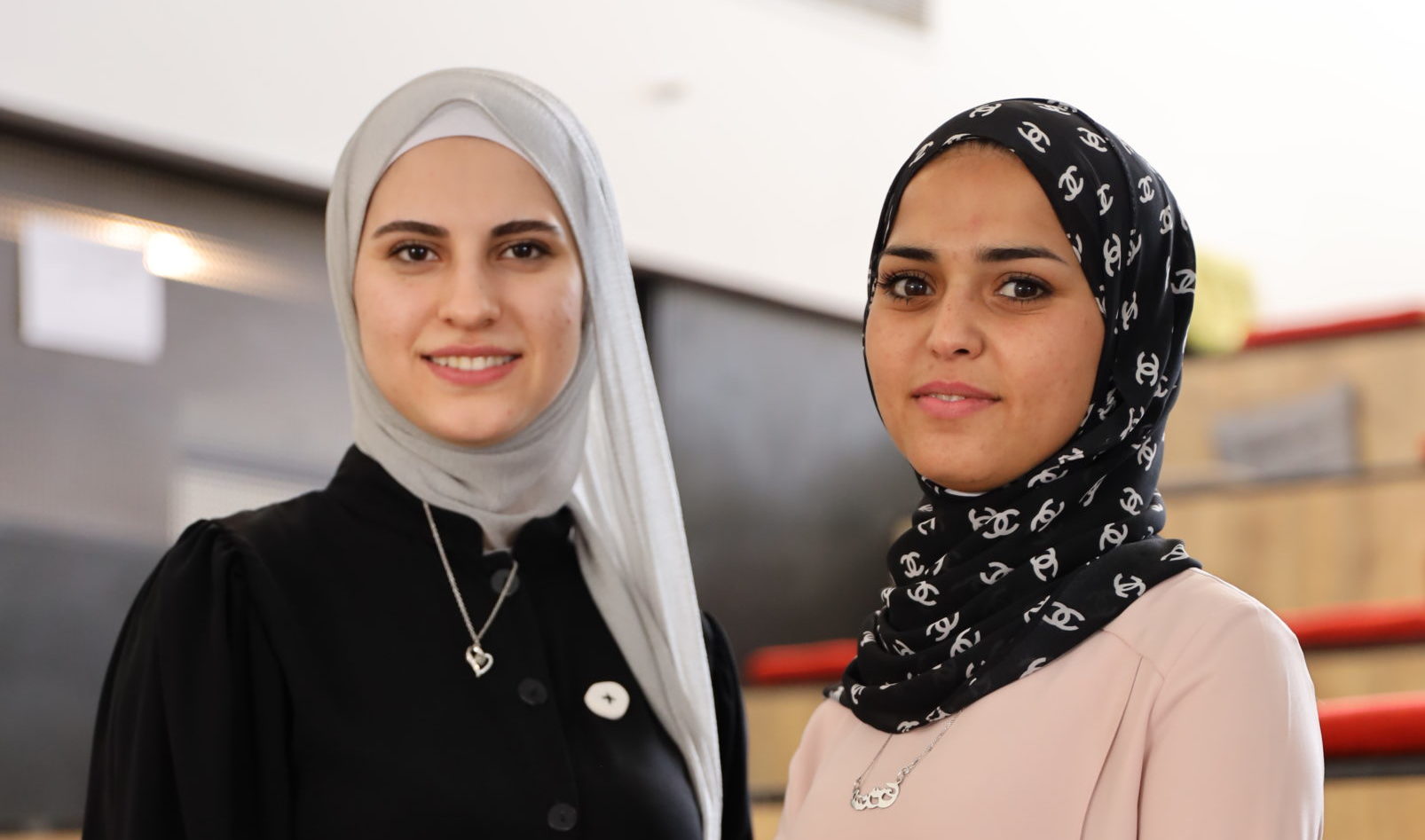
“We became more well-known in the startup ecosystem after participating in the AgRE Minds Hackathon, and we were offered numerous opportunities following our participation in the program. As a result of this experience, we excelled in every program we participated in.”
Renewable energy is a great source power that must be utilized more in Palestine. With the rising prices of fossil fuels, using renewable energy isn’t only great for the environment, but is also becoming a necessity and more cost effective nowadays. The device Dreez created works about 20 hours using electricity, which makes it very expensive to operate using traditional electricity sources. With them going with renewable energy option they are saving themselves money, without abusing the environment. The oven-shaped device is in its final stage of manufacturing and is ready for testing and validation to meet the perfect settings for each type of food product.
Dreez’s team are working towards making their device easily accessible and available in every household like refrigerators and ovens. Since Palestine is dependent on specific agricultural products, it is Dreez’s goal to improve the overall economy of Palestine through their device, which could help Palestinian farmers take advantage of their harvest with little to no waste. The product will be gradually placed into the market, to make sure the target customers will understand the product and realize that it is a safe solution.
